
In North Goa's coastal real estate, energy-efficient designs and eco-friendly builds have transformed from premium add-ons to core standards. Developers now embed sustainability in projects to match buyer demands and safeguard the fragile ecosystem amid strict regulations and rising green preferences.
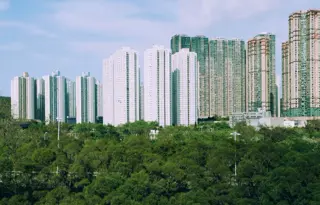
IGBC's 32nd chapter launched in Ranchi marks Jharkhand's first green building council, promoting sustainable construction and climate-resilient infrastructure development.

Mangalore's residential sector adopts green building certifications as sustainable construction practices drive property values and attract eco-conscious buyers in 2025.
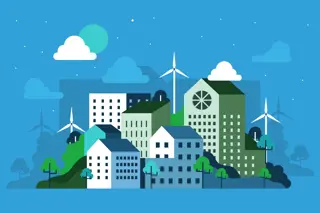
Kochi's suburbs like Kumbalam and Vypin witness rising demand for sustainable homes featuring rainwater harvesting, rooftop gardens, and energy-efficient designs.

Patna’s real estate landscape is evolving as homebuyers prioritize eco-friendly features like solar panels and smart automation, driving demand for energy-efficient, tech-integrated homes that align with global sustainability trends and enhance property value.
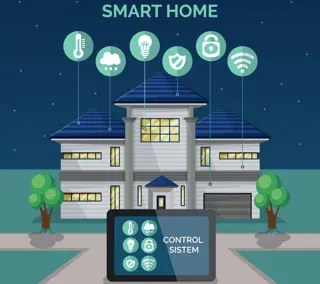
Thrissur's residential sector witnesses a surge in smart homes with energy-efficient tech and sustainable design, reshaping market demands and real estate strategies.

Mangalore’s real estate sector evolves with AI-driven smart homes, IoT security, and eco-certified developments in Kadri and Bejai, targeting NRI investors seeking premium, sustainable properties.

In Pondicherry, luxury housing developments now include smart home automation as standard features, driven by tech-savvy buyers and resort-like amenities. Home security via IoT, voice controls, and energy-efficient systems are baseline requirements, reshaping premium real estate in 2025. With 28% annual growth, coastal smart homes combine French colonial charm with cutting-edge tech, attracting...
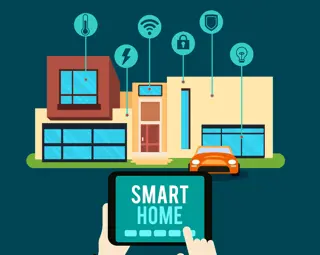
In 2025, over 60% of Gurgaon’s new residential projects emphasize sustainable, AI-driven smart homes with automated utilities and energy-efficient designs, reflecting evolving buyer demands.

Chennai's real estate sector integrates sensorless technology to optimize energy use, enhance operational efficiency and redefine smart building standards in 2025.

Thrissur Municipal Corporation launches green building incentive program offering tax rebates, expedited approvals for developers adopting solar panels, rainwater harvesting & energy-efficient designs to boost sustainable construction.
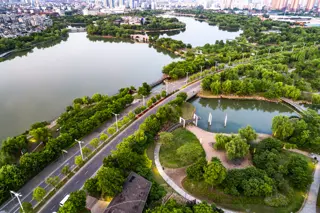
In Howrah, about 30% of homebuyers within the ₹50-₹90 lakh range now prioritize energy-efficient, eco-friendly homes, pushing developers to adopt green building practices.

Gandhinagar introduces strict green building regulations focusing on energy efficiency, water conservation, and sustainable materials. These norms aim to POSITION the city AS a national benchmark for climate-resilient urban development, leveraging incentives for certification and innovative design.
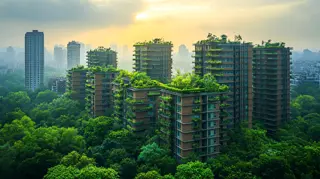
A leading Mumbai developer has launched South Asia's first carbon-neutral residential tower in Bandra, featuring solar energy systems, rainwater harvesting, and waste-to-energy technology. The project targets eco-conscious buyers with cutting-edge sustainability features, aligning with Mumbai's 2050 net-zero goals.
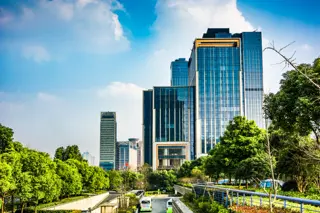
Raipur Development Authority introduces new sustainability regulations requiring energy-efficient designs, green spaces, and resource-efficient systems for buildings exceeding 20,000 sq ft. This move aims to align regional development with India's growing green building landscape, impacting future real estate projects extensively.
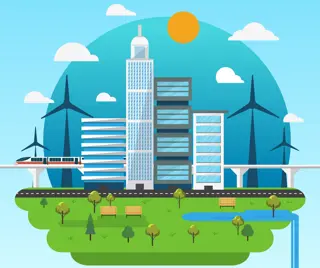
A leading developer has launched Pune's first Net Zero Energy residential tower in Kharadi, offering sustainable living with advanced solar panels and smart home technology.

RERA Delhi introduces mandatory energy ratings for new residential projects to promote sustainability, reduce carbon footprint, and enhance transparency.
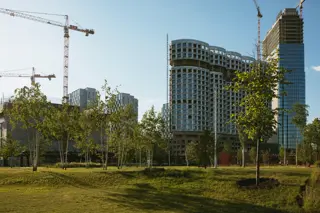
Karnataka mandates rigorous green building regulations in Bengaluru, enforcing energy-efficient designs, sustainable materials, and reduced carbon footprints for all new constructions while introducing incentives for compliance.
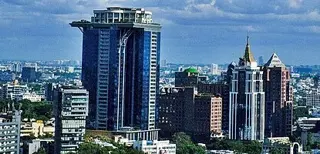
Haryana's real estate regulator introduces mandatory green certification for residential projects, aiming to promote energy-efficient practices and eco-friendly construction in Gurgaon.
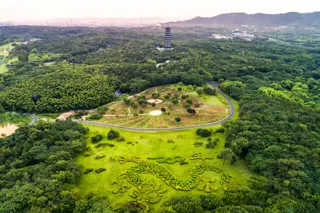
Mysore's real estate industry adopts full-scale sustainable practices, integrating eco-friendly features and green technologies amid policy support and environmental advocacy.
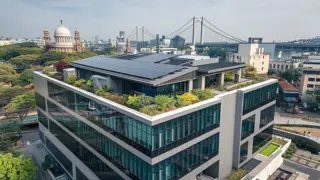
Kolkata’s real estate sector embraces sustainable practices driven by environmental concerns and long-term cost savings, with energy-efficient systems and green certifications gaining prominence.
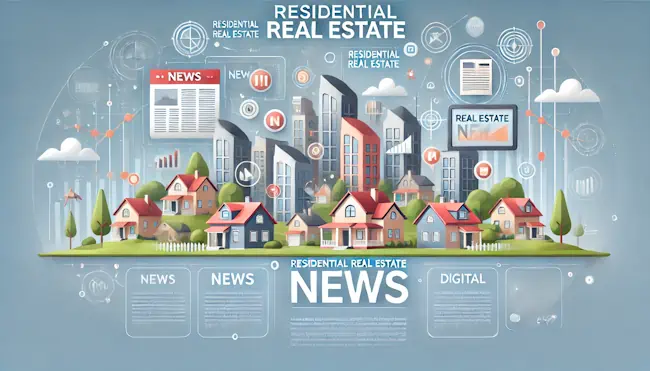
The Indian real estate market in 2024 highlights shifts toward lifestyle-centric homes, affordable housing, suburban living, eco-friendly options, and digital house hunting.
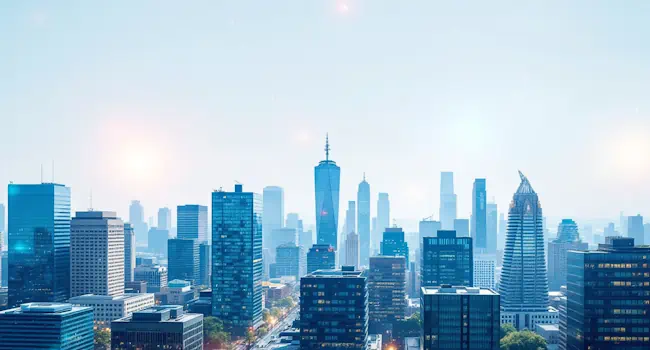
Green building certifications are paving the way for sustainable commercial real estate in India, reducing carbon emissions and providing numerous benefits.
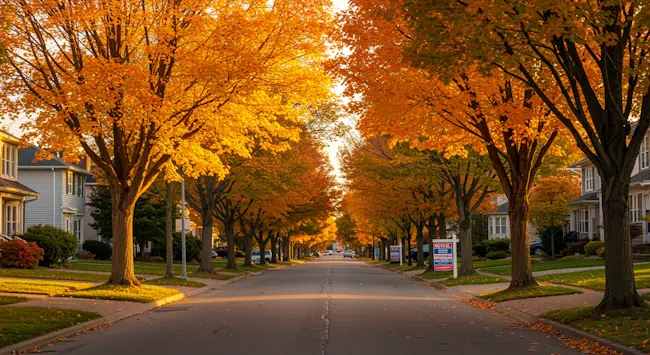
Green construction is gaining traction in Indian real estate, driven by demand, regulations, and consumer awareness. Economic and environmental benefits make it appealing.
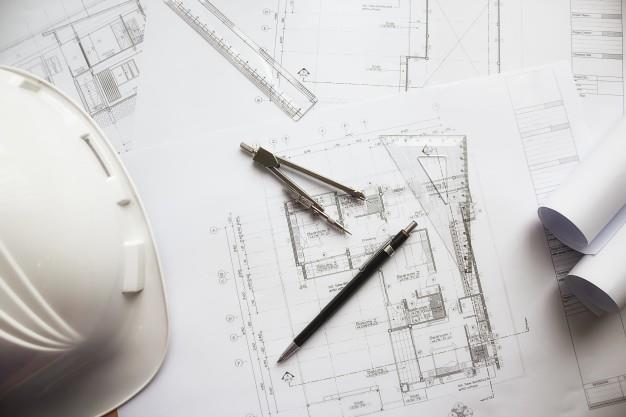
Andhra Pradesh adopts Indo-Swiss energy-efficient technology in its affordable housing scheme, aiming to save 20% electricity. Training will be provided under the EEBP project.